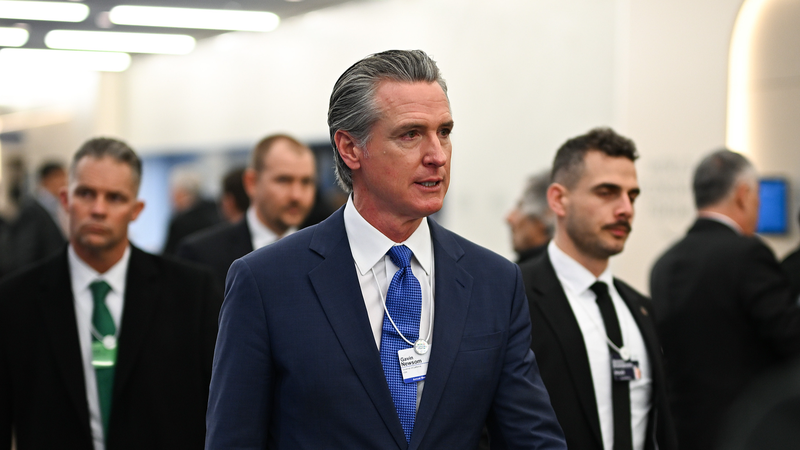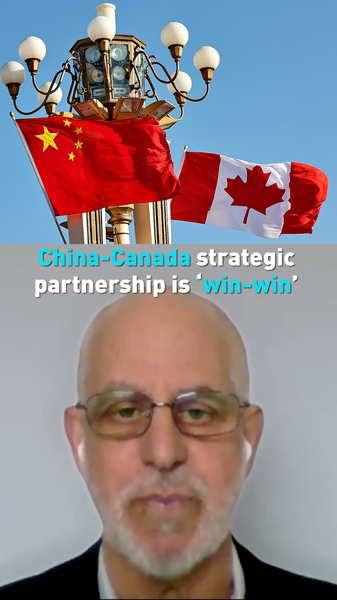In a bold twist on global trade, several countries have condemned U.S. President Donald Trump's new "reciprocal tariffs," arguing that the measures break multilateralism and violate WTO rules. The move has stirred a wave of countermeasures and fierce debate among nations.
Brazil has been one of the loudest voices in this chorus. Speaking at an event in Sao Paulo, Brazilian President Luiz Inacio Lula da Silva fired back at what he described as Washington's unilateral approach. "All of a sudden, one man thinks he can dictate the rules for everything that happens in the world," Lula declared. He compared the situation to trying to steer a fully loaded transatlantic ship with a single rudder, emphasizing that such a method simply won't work. 🚢
Adding fuel to the fire, a recent poll by Brazilian research firm Quaest revealed a significant shift in public opinion. Nearly 41% of Brazilians now hold an unfavorable view of the U.S., a steep rise from 24% in March 2024, when Trump had not yet returned to power. Concurrently, favorable views dropped from 58% to 44%, underscoring growing discontent among the public.
Moreover, the U.S. has been Brazil's second-largest trading partner since 2009, trailing behind the Chinese mainland. In recent weeks, the Trump administration amplified its tariff measures—imposing a 10-percent tariff on a broad range of Brazilian products, following earlier hikes on steel and aluminum. The sweeping move is seen by critics as a dangerous step back from free trade ideals.
This controversy resonates well beyond the boardrooms and political circles—it’s sparking discussions among young professionals, students, and digital natives who see the unfolding events as a reminder that global challenges require teamwork, not a one-man show. In an era where change happens at lightning speed, the call for multilateral dialogue in trade appears more crucial than ever. 🌍
Reference(s):
Countries condemn Trump's tariff hikes, take countermeasures
cgtn.com




